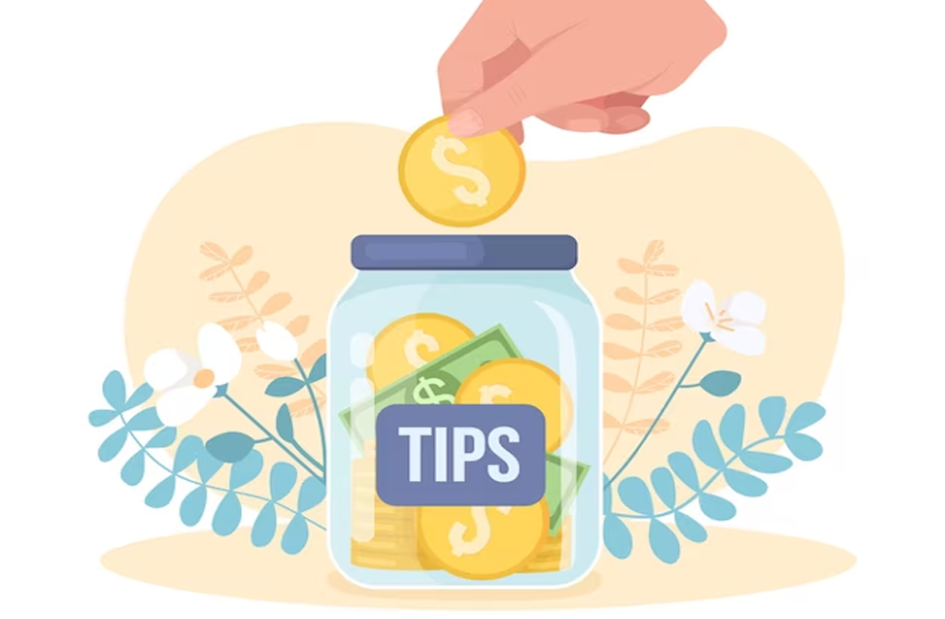Debt can be a major source of stress and anxiety in our lives. If you’re struggling with debt, you’re not alone. According to a recent study, the average American household carries over $137,000 in debt. But the good news is that there are practical steps you can take to reduce your debt and get back on track financially. Here are 10 practical debt relief tips for getting out of debt faster.
- Create a Budget and Stick to It
Creating a budget is the first step in getting your finances in order. Take a look at your monthly income and expenses and create a plan for how you’ll spend your money. Be sure to include all of your bills, including minimum payments on your debts. Stick to your budget to avoid overspending.
- Cut Your Expenses
Once you have a budget in place, take a closer look at your expenses. Are there any areas where you can cut back? Consider cutting back on unnecessary expenses like dining out, subscriptions, and entertainment.
- Increase Your Income
If you’re struggling to make ends meet, consider ways to increase your income. You can pick up a part-time job, start a side hustle, or even sell items you no longer need. Every little bit helps when it comes to paying down debt.
- Prioritize Your Debts
Not all debts are created equal. Prioritize your debts by focusing on high-interest debt first. Make minimum payments on all of your debts and put extra money towards your highest interest debt. Once that debt is paid off, move on to the next highest interest debt.
- Negotiate Lower Interest Rates
If you have high-interest credit card debt, consider negotiating a lower interest rate with your creditor. Many credit card companies are willing to work with customers who are struggling to pay off their debt.
- Consolidate Your Debt
Debt consolidation can be a great way to simplify your debt payments and potentially lower your interest rates. You can consolidate your debt by taking out a personal loan or transferring your balances to a balance transfer credit card.
- Seek Professional Help
If you’re feeling overwhelmed by your debt, seek professional help. A credit counselor can help you create a debt management plan that works for your unique situation.
- Avoid Taking on More Debt
While you’re working to pay off your debt, avoid taking on more debt. This means avoiding credit card purchases and taking on new loans. Focus on paying off your existing debt before taking on any new debt.
- Stay Motivated
Paying off debt can be a long and difficult journey. Stay motivated by tracking your progress and celebrating small wins along the way. This will help you stay focused and committed to your debt relief plan.
- Don’t Give Up
Finally, don’t give up. It’s easy to get discouraged when you’re dealing with debt, but remember that every little bit helps. Stay committed to your debt relief plan and you’ll eventually achieve financial freedom.
In conclusion, getting out of debt is possible with the right strategies and mindset. By creating a budget, cutting expenses, increasing your income, prioritizing your debts, negotiating lower interest rates, consolidating your debt, seeking professional help, avoiding more debt, staying motivated, and not giving up, you can take control of your finances and achieve your debt relief goals.
